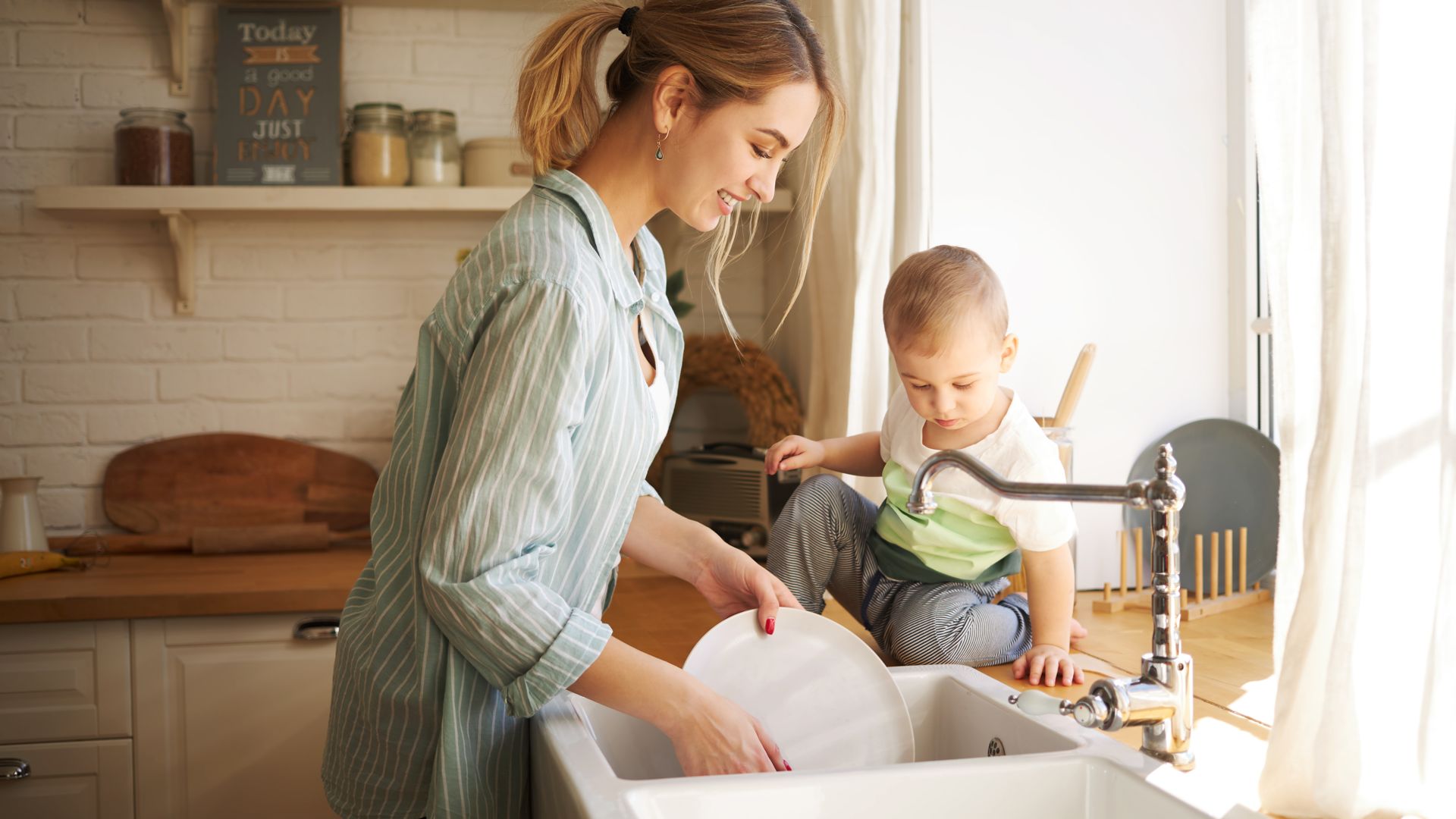When it comes to maintaining your home’s plumbing system, one of the simplest yet most important rules is to be mindful of what you flush down the toilet. Toilets are designed to handle certain types of waste, and introducing the wrong items can lead to clogs, costly repairs, or even environmental harm. This guide will help you identify what not to flush and how doing so can protect your pipes and your wallet.
Why You Should Be Careful About Flushing Non-Flushable Items
Your toilet and plumbing system are not trash disposals. Flushing the wrong things can cause blockages in your pipes or damage municipal sewer systems. Even items advertised as "flushable" may not dissolve properly, leading to long-term problems. Avoiding these issues can save you from costly repairs and prevent unnecessary headaches.
Common Items You Should Never Flush
1. Wet Wipes (Even "Flushable" Ones)
Wet wipes are one of the most commonly flushed items that wreak havoc on plumbing systems. Unlike toilet paper, wet wipes don’t break down easily and can collect in your pipes, causing clogs. This also includes baby wipes, makeup remover wipes, and cleaning wipes.
2. Paper Towels and Tissues
Although they may seem similar to toilet paper, paper towels and tissues are not designed to disintegrate in water. Flushing these items can quickly create blockages, especially in older plumbing systems.
3. Feminine Hygiene Products
Tampons and sanitary pads are notorious for causing plumbing disasters. These products are designed to absorb moisture, not break down in water, which makes them problematic for your pipes.
4. Grease, Oil, and Fat
While these might commonly be associated with kitchen sinks, grease and fat can also make their way into toilets. Once cooled, they can solidify and create sticky clogs that block your drain.
5. Dental Floss
Small but mighty, dental floss can tangle and contribute to plumbing clogs. Over time, it can trap other debris, creating blockages that are difficult to remove.
6. Cotton Products
Cotton balls, swabs, and pads are absorbent and don’t break apart in water. Like hygiene products, they can expand and block your plumbing.
7. Medications
While not a clogging risk, flushing medications is harmful to the environment. Pharmaceuticals can enter water supplies and affect aquatic ecosystems. Instead, dispose of them through a pharmacy or designated drop-off location.
Simple Steps to Prevent Plumbing Disasters
- Use trash bins for disposal of non-flushable items.
- Stick to flushing only human waste and toilet paper.
- Educate family members or housemates about proper disposal habits.
- Schedule regular plumbing inspections to ensure your system is in good shape.
When to Call an Expert
Even with the best precautions, plumbing issues can arise. If you notice signs of a clog, like slow draining or water backups, it’s essential to address the problem quickly before it escalates. Ignoring these warning signs can lead to more extensive damage and higher repair costs.
Protect Your Plumbing with Nautilus Plumbing
Your home deserves expert care, and Nautilus Plumbing is here to help you keep your plumbing running flawlessly. If you’re uncertain about how to handle a plumbing issue or need a professional inspection, don’t hesitate to reach out. Contact us today to ensure your plumbing system stays in top shape!

.2504220701327.jpg)